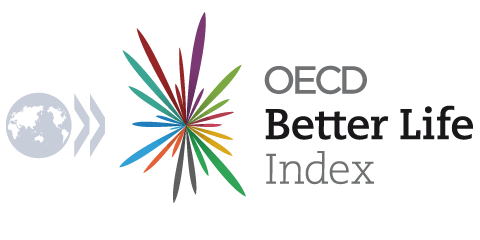The two faces of happiness
By Renaud Gaucher.
Imagine you are asked to fill in a questionnaire about how happy you are with your life in general during the last month. As you are reading the Better Life Index blog, such a question should not seem weird to you. So you read the scale. A zero-to-ten scale. Zero stands for “more depressed than me, you are dead” and ten for “it wouldn’t be human to be happier than me”.

You think, and then quickly give a number.
What happened? How did you find this number? How did your brain calculate this number? Is it a representative number of all the moments you experienced during the last month? After all, to sum up the happiness you live for a month in one number may seem a very complicated task.
And it is. Daniel Kahneman and some other researchers have shown that the way we experience happiness in the present moment is different from the way we remember happiness. Indeed, when we remember how happy we have been over the last month, our brain does not work out an average of the level of happiness we experienced in every moment. In fact, our brain is influenced by emotionally strong events and recent episodes.
Put differently, if your boss increases your pay, it will certainly have a positive effect on your appreciation of your average level of happiness during the last month. Ditto if you have lived a negative and emotionally strong event. In fact, our memory neglects most of the moments in our lives.
These biases in our memory can be used to improve happiness. For example, positive psychology proposes an exercise in which, at the end of each day, you have to remember three good things that happened during the day. The aim is to positively modify your perception of the day.
So, why is it important to know that the happiness you are experiencing at this moment is different from the happiness you will remember from this moment? It is important because it affects our decisions. We make decisions based on our memory of a situation, and not on what we actually felt at the time, and we do this without being aware of the process. For example, if happiness is a political goal –as politics affects happiness –then politicians have to take into account that the decisions they make will be based on remembered happiness not experienced happiness. This is true for all domains of human choice: personal life, consumption choice, management, politics, etc.
The decisions we make are based on the functioning of our brain. This functioning may be affected by biases we are not aware of. This is true for every aspect of our life, even our happiness. So, if we want to improve our personal happiness or the happiness of society, we have to take into account these biases.
Renaud Gaucher is a researcher at IFAS, a Paris-based consulting firm that helps corporations improve happiness at work and economic performance. IFAS website: www.ifas.net.

Comments